Shore wars: Greeks battle to save beaches from invasion of commercial sunbeds – the Guardian
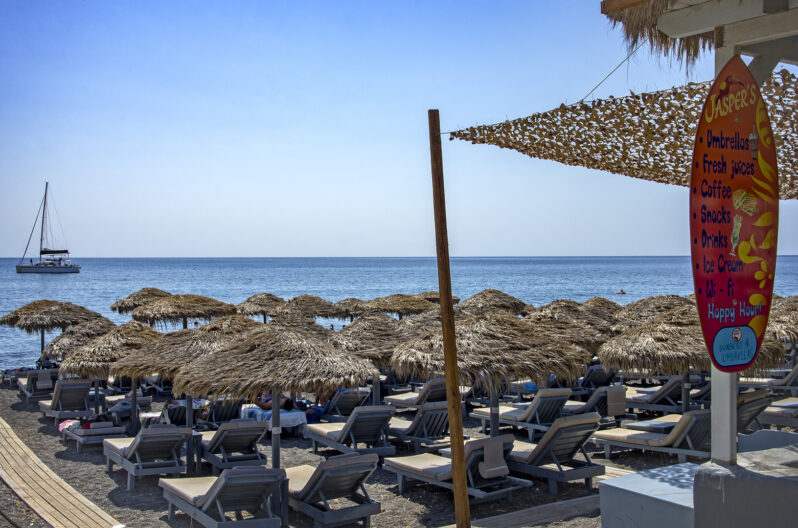
In the depth of August, when the cicadas sing and the sun burns bright, Archilochos cultural centre on Paros is not usually a hive of activity. If anything, that is reserved for the bars and beaches of a Cycladic isle increasingly drawing le beau monde.
But last week, as Greece’s great summer exodus peaked, the Archilochos was alive to the sound of debate. And, as in weeks gone past, it was a debate ignited by the state of play on the beaches that have become synonymous with pricey sunbeds and greedy entrepreneurs…
Before the flood: how much longer will the Thames Barrier protect London? – the Guardian

The last time the Thames broke its banks and flooded central London was on 7 January 1928, when a storm sent record water levels up the tidal river, from Greenwich and Woolwich in the east as far as Hammersmith in the west. Built on flood plains, the capital was defended only by embankments. The flood waters burst over them into Whitehall and Westminster, and rushed through crowded slums. Fourteen died and thousands were left homeless…
Up to 70% of California beaches could disappear by end of the century – the Guardian

A new study uses satellites to predict what California’s famous coastline could look like by 2100.
California is known for golden sands and endless waves, but much of the state’s famous shoreline could vanish in the future. That’s according to a new study, which found that between 25% and 70% of California beaches might be washed away by the end of the century, leaving only cliffs or coastal infrastructure in their wake…
Recycled plastic can be more toxic and is no fix for pollution, Greenpeace warns – the Guardian
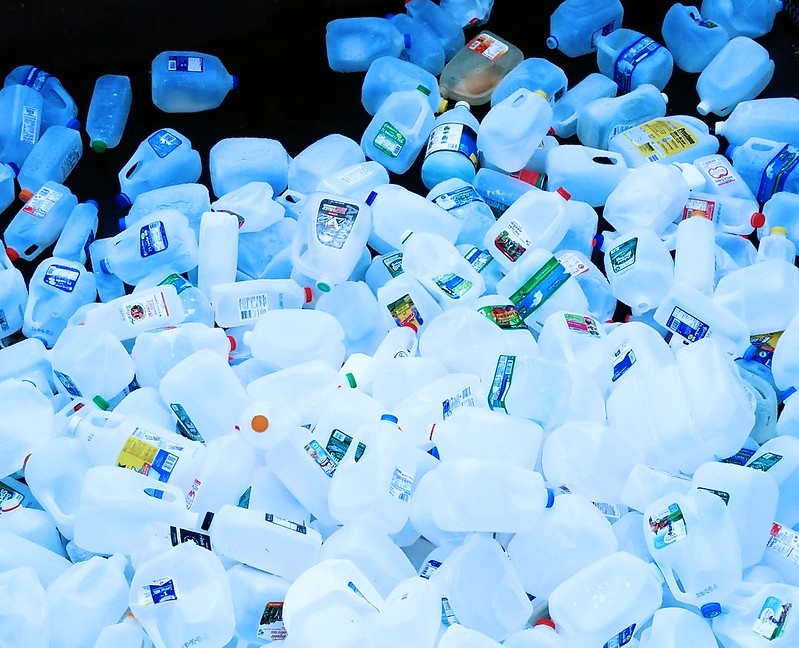
“Plastics are inherently incompatible with a circular economy,” the global environmental network said in a report that brings together research showing recycled plastics are more toxic than their virgin constituents.
The report, timed to coincide with the beginning of fresh talks for a potential global plastics treaty, comes as separate research has found breaking down plastics for recycling scatters microplastic pollution into the environment…
‘It’s like a death pit’: how Ghana became fast fashion’s dumping ground – the Guardian

It’s mid-morning on a sunny day and Yvette Yaa Konadu Tetteh’s arms and legs barely make a splash as she powers along the blue-green waters of the River Volta in Ghana. This is the last leg of a journey that has seen Tetteh cover 450km (280 miles) in 40 days to become the first person known to swim the length of the waterway.
It’s an epic mission but with a purpose: to find out whatis in the water and raise awareness of pollution in Ghana…
Barcelona’s beaches could vanish as authorities abandon ‘enhancement’ – the Guardian
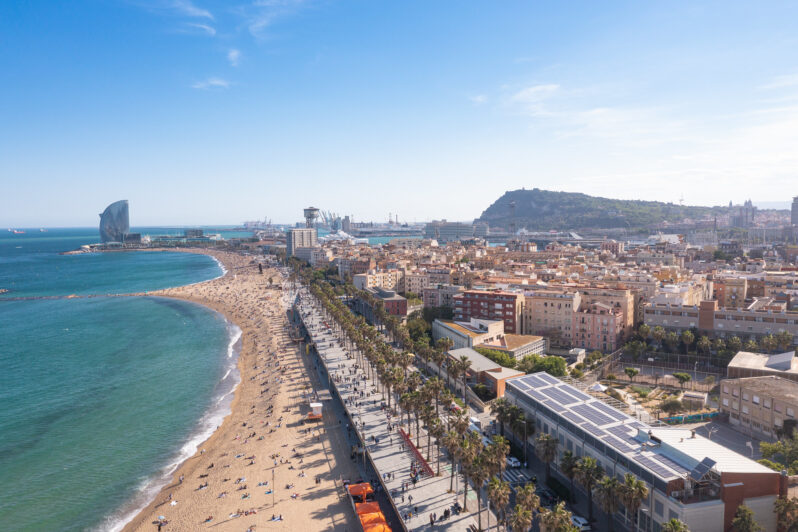
For the 1992 Olympic Games, Barcelona rediscovered the sea. It beefed up its beachfront using thousands of tons of sand, and the area is now packed with tourists and lined with beach bars. Barcelona’s beach may be partly artificial, but it’s big business. The way things are going, however, soon there won’t be any beach at all. Across Catalonia, rising sea levels and winter storms are eating away at the coastline…
Global heating has likely made El Niños and La Niñas more ‘frequent and extreme’ – the Guardian
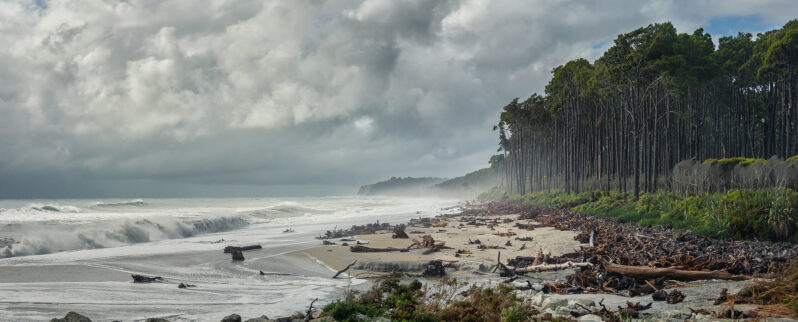
Scientists say greenhouse gases have already affected climate patterns in the Pacific that could lead to more severe weather, floods and heatwaves…Dr Wenju Cai, lead author of the study from Australia’s CSIRO science agency, said the models showed a “human fingerprint” from 1960 onwards. But some other scientists not involved in the study had reservations about the findings, raising concerns about the reliance on modelling….
Stop ‘wishcycling’ and get wise: how to recycle (almost) everything – the Guardian
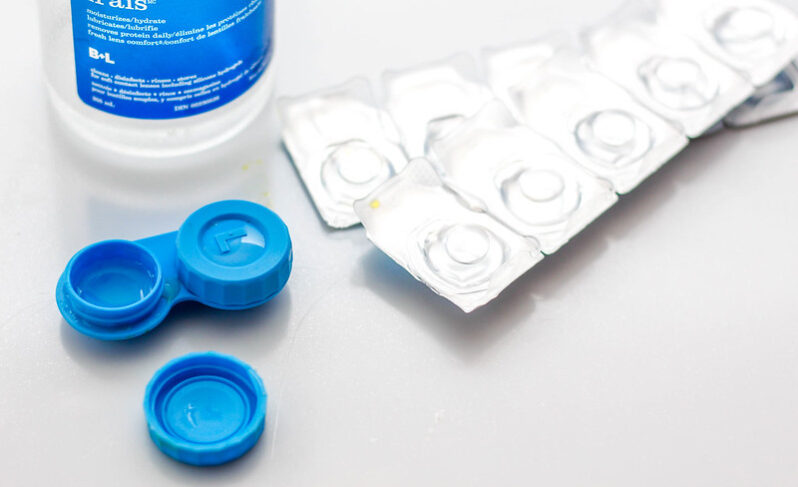
From contact lenses to blister packs and used dental floss, there are items that perplex even the most dedicated recycler…Labelling often requires a doctorate in semiotics to decode, kerbside collections are a postcode lottery and council recycling centres are often difficult to access without a car. At home, packaging piles up…All of it amounts to us collectively wondering whether recycling is ultimately pointless because it’s all going to end up in landfill in the developing world…
‘Inside we are all struggling’: storm-bruised California begins recovery – the Guardian
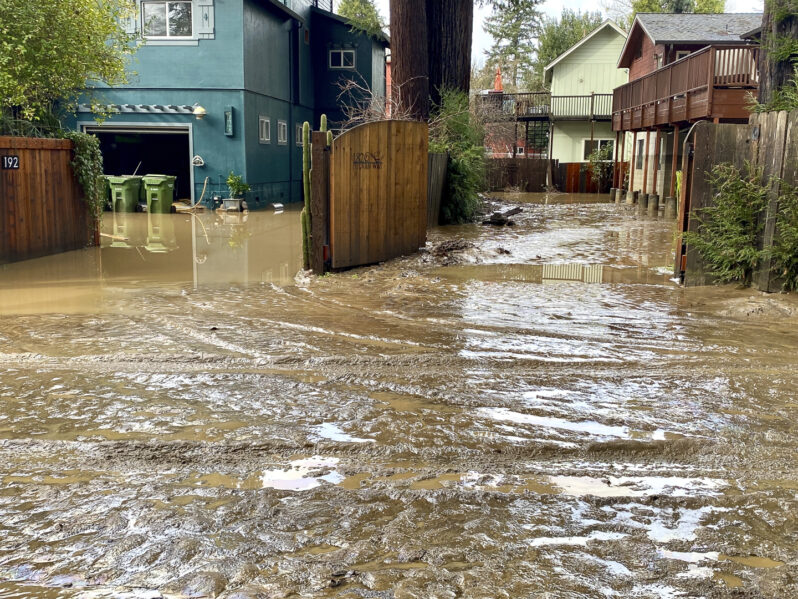
From hillside towns like Felton to the picturesque coastal enclave of Capitola, the long road to recovery from disaster is only beginning. The county was declared a major disaster zone by Joe Biden, who visited Capitola on Thursday to survey the damage and said it would “take years to rebuild”…
